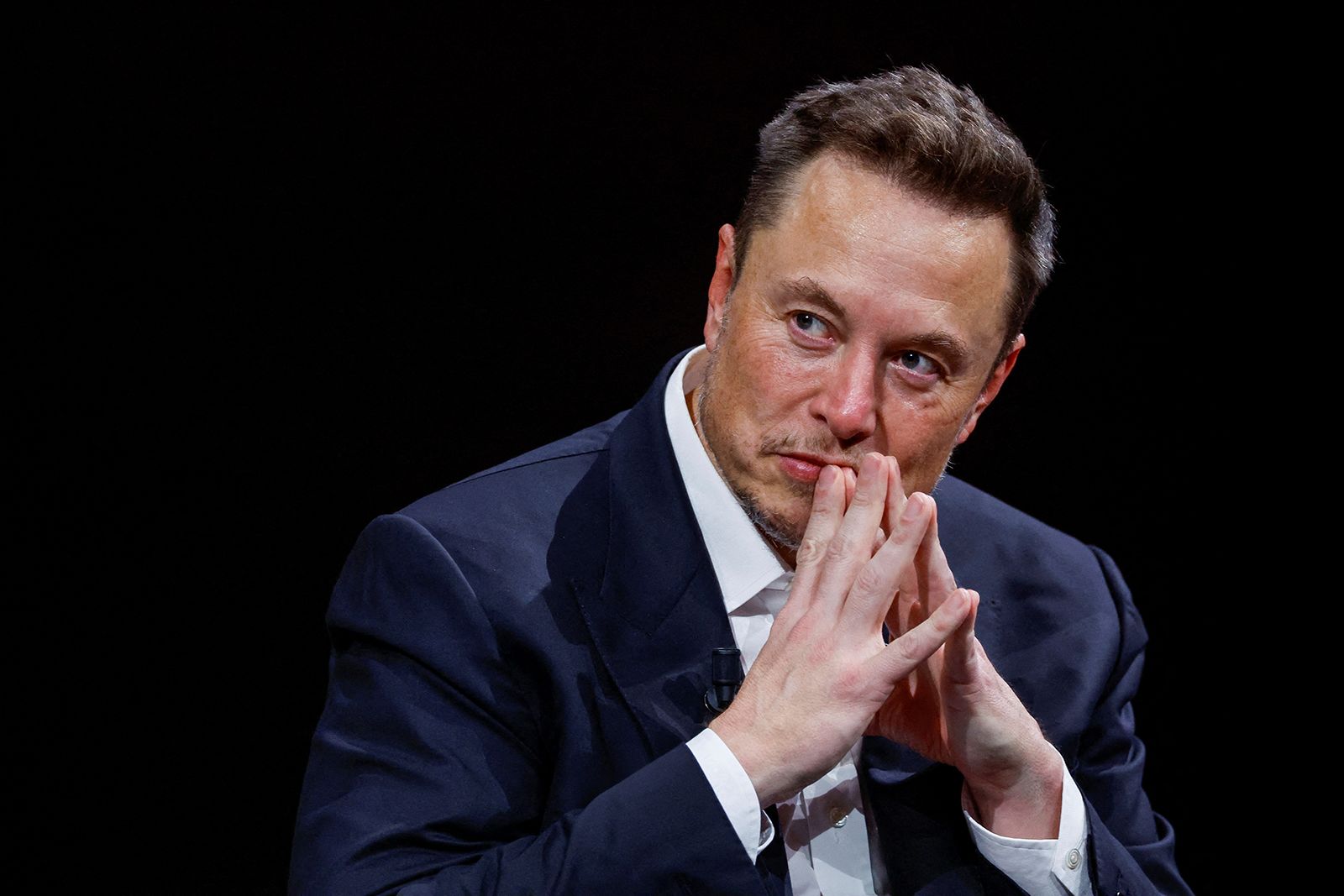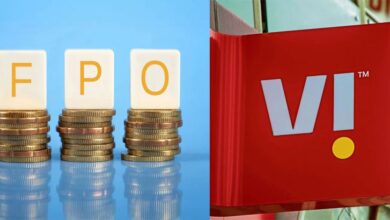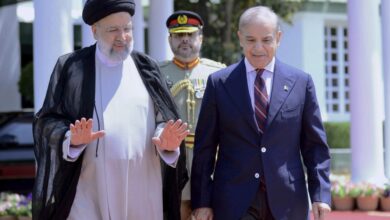Powering Forward: Elon Musk-Led Tesla Execs to Meet Piyush Goyal as Government Rejects BYD’s Bid to Set Up EV Plant

Powering Forward: Elon Musk-Led Tesla Execs to Meet Piyush Goyal as Government Rejects BYD’s Bid to Set Up EV Plant
In a significant development for India’s electric vehicle (EV) industry, Tesla‘s top executives, led by visionary entrepreneur Elon Musk, are scheduled to meet with Union Minister of Heavy Industries and Public Enterprises, Piyush Goyal. This high-profile meeting comes on the heels of the Indian government’s recent decision to reject a bid from BYD, a prominent Chinese EV manufacturer, to set up its EV plant in the country.

The Indian government’s move to deny BYD’s proposal marks a turning point for the nation’s EV ambitions and opens new opportunities for global EV giants like Tesla to establish a stronger foothold in the Indian market. As India continues to embrace the green revolution, the meeting between Tesla and the government holds the potential to shape the future of electric mobility in the country.
Tesla’s arrival in India has been highly anticipated for years, with fans and environmental enthusiasts eager to see the iconic electric carmaker’s vehicles zipping through Indian streets. The recent relaxation of import norms for fully assembled EVs has paved the way for Tesla’s entry into the Indian market. However, the automaker’s long-term vision involves establishing a local production facility, which will not only reduce costs but also create job opportunities for the Indian workforce.
During the meeting with Minister Piyush Goyal, Tesla’s executives are expected to present their plans for setting up a manufacturing plant in India. The government’s response to these proposals will be crucial in determining the extent of collaboration between Tesla and the Indian authorities.

While Tesla’s reputation as a global leader in electric vehicles precedes it, the company must navigate India’s unique challenges to make its presence felt in the country. Some of these challenges include addressing concerns about affordability and charging infrastructure, which are crucial factors influencing EV adoption in India.
Affordability remains a key consideration for the Indian consumer, and Tesla’s premium pricing may need to be tailored to suit the country’s market dynamics. The company may also explore partnerships with local manufacturers to leverage economies of scale and reduce costs, ultimately making its EVs more accessible to a broader segment of the population.
Additionally, the lack of a robust charging infrastructure is a roadblock that needs to be overcome to accelerate EV adoption in India. Tesla’s expertise in charging technology could be leveraged to establish a network of fast-charging stations across the country, ensuring convenience and peace of mind for its customers.
The Indian government’s decision to decline BYD’s bid raises questions about its future plans for inviting foreign investment in the EV sector. While the rejection indicates a cautious approach, it also sends a clear signal that the government is selectively choosing partners to boost its “Make in India” initiative.
BYD’s bid may have been declined due to various reasons, such as concerns over the company’s technology transfer policies, national security considerations, or disagreements over localization efforts. However, Tesla’s proposition could be viewed differently, given the company’s track record and its potential to drive innovation and job creation in India’s emerging EV sector.
The meeting between Tesla and Piyush Goyal is also expected to delve into the broader policy landscape for electric mobility in India. The government’s support in the form of incentives, subsidies, and favorable regulations will play a crucial role in shaping the growth trajectory of the EV industry.
One potential area of collaboration could be the formulation of a clear roadmap for the development of charging infrastructure across the country. A robust and widespread charging network is essential for instilling confidence in potential EV buyers and eliminating “range anxiety.”

Moreover, the partnership between Tesla and the Indian government could extend to research and development initiatives focused on battery technology. Advancements in battery tech hold the key to unlocking the full potential of EVs, and joint efforts in this domain could lead to groundbreaking innovations that benefit both the Indian market and the global EV ecosystem.
As the meeting date approaches, the entire EV industry, as well as environmental advocates, eagerly await the outcome of the discussions. If all goes well, Tesla’s entry into the Indian market could mark a significant leap forward for electric mobility, ushering in a new era of sustainable transportation in the country.
In conclusion, Tesla’s engagement with the Indian government at this critical juncture could shape the future of EVs in India. The rejection of BYD’s bid reflects the government’s cautious approach in selecting partners, but it also signals an opportunity for Tesla to seize the moment and power India’s electric revolution.
By addressing affordability concerns, championing charging infrastructure, and fostering innovation through collaboration, Tesla has the potential to leave an indelible mark on India’s sustainable journey toward a greener future. As the meeting unfolds, the world watches with bated breath, hoping for a powerful synergy that drives India toward a cleaner and more sustainable tomorrow.






